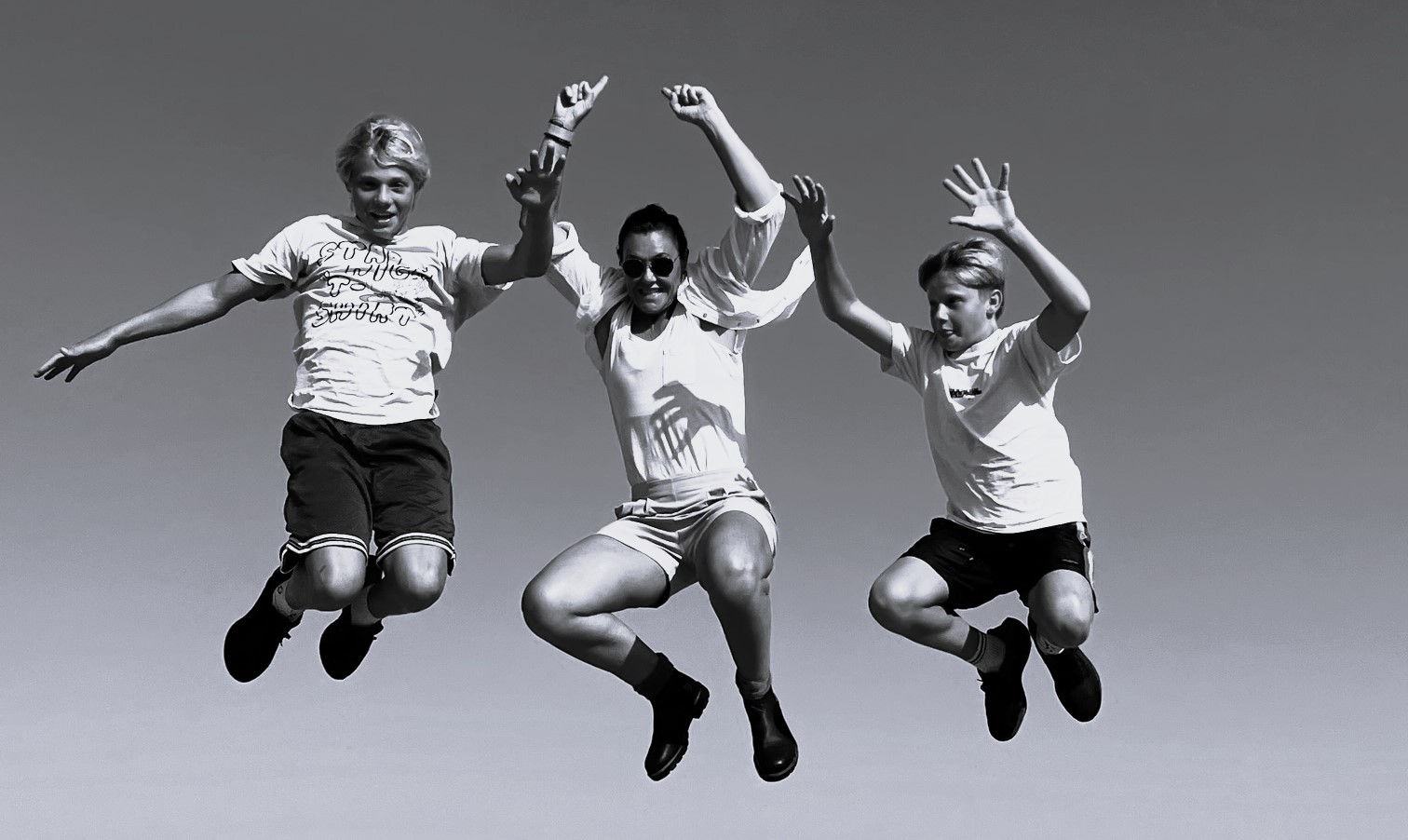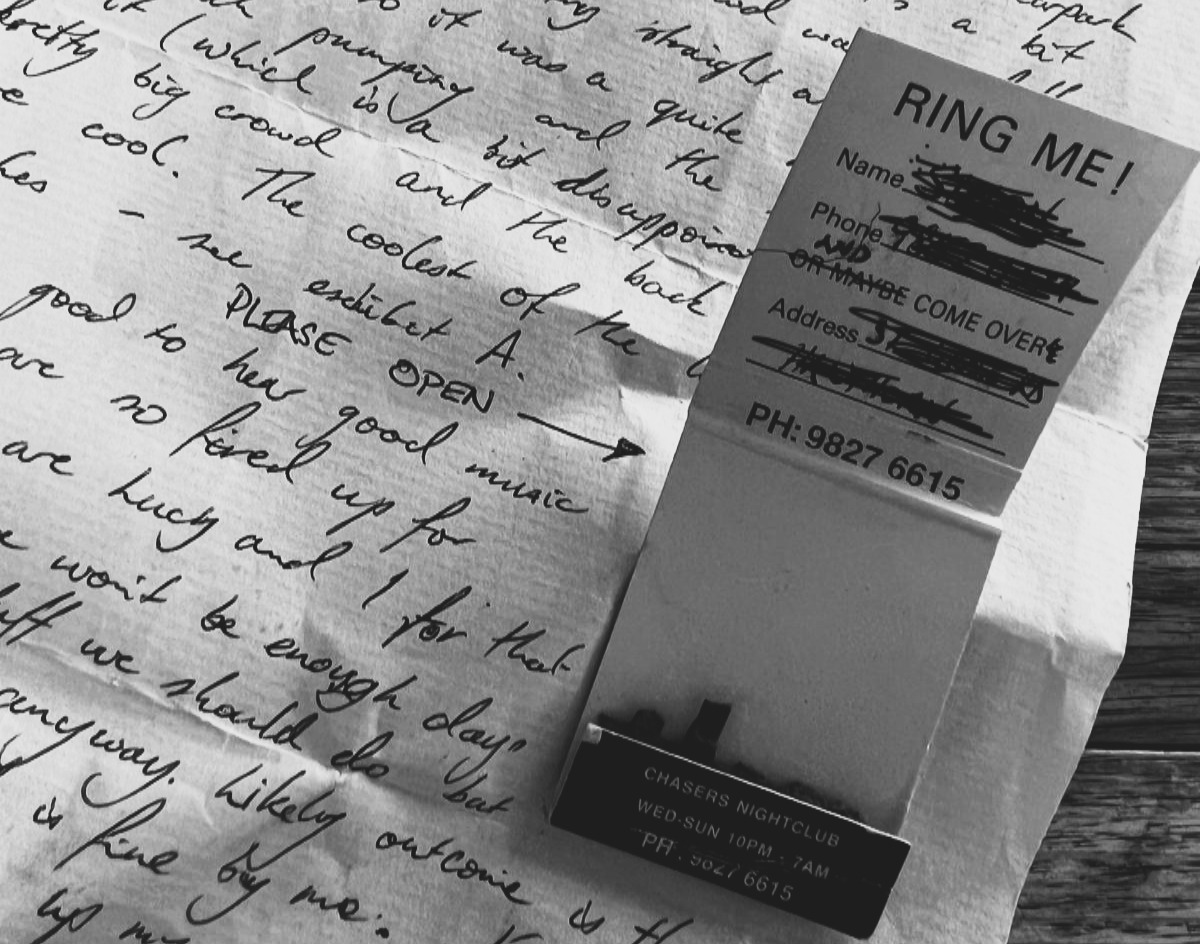When I transitioned out of elite sport, I was basically a walking red flag. A highly trained, laser-focused, uber-athletic terminator-type unknowingly heading for the edge of a cliff. And I had no idea the cliff was even there. I certainly wasn’t equipped with a roadmap for this journey. No one pulled me aside and said, “Hey, just so you know, this transition you’re about to go through? It’s a really big deal” (and for the record, I wouldn’t have listened anyway).
There was no time spent planning for this retirement caper, no mapping out of a sensible process, no applying of a pretty academic framework; there was no pre-warning. No, there was just me, floundering around at the bottom of the cliff I’d just walked off, feeling alone and lost in what I now call the POP – the Post-Olympic Period – trying to figure out who the hell I was now that I was no longer ‘Rach the Rower’.
Retirement from elite sport is a major life event. A predictable stressor. We know that major life events like job loss, moving house, and relationship breakdowns can trigger mental health challenges – and the research is clear: sport retirement is no different. In fact, the majority of athletes will experience a period of acute psychological distress after retiring. It’s a thing. And while most eventually adjust over time (research suggests it typically takes up to two years to successfully transition out of sport), around 20% of retiring athletes struggle significantly and long-term.
So what are the red flags?
These are the well-researched, recurring themes that show up in those who struggle most. Knowing about them might just help you – or someone you know – spot the danger signs.
If you’re still competing and starting to think about life after sport, knowing these red flags gives you a chance to get ahead of the curve. And if you’ve already walked (or crashed) out of sport with red flags flapping all over you like a superyacht on Sydney Harbour – like I did – then recognising them now can be powerful. It boosts your self-awareness, allows some much-needed self-compassion, and most importantly, reminds you that this stuff matters. The risks are real and not dealing with it can come at a serious cost.
Red Flag #1: Involuntary Retirement
Retiring due to injury, non-selection, delisting, or ageing out of the system? That’s a known risk factor. Athletes who voluntarily choose to retire generally experience fewer negative emotional outcomes. But even when retirement is involuntary, planning ahead is associated with fewer psychological side effects. No planning = rough ride.
Red Flag #2: Enmeshed Athletic Identity
If you were known as “[Your Name] the [Sport]er” since you were a teen (like me – “Rach the Rower” since age 14), you’re probably in the danger zone. The stronger and more exclusive your athletic identity, the harder it is to shift roles and recalibrate. In an ideal world you’d have a dual career, and your identity would be split across multiple domains. Loss of an enmeshed singular athletic identity is real – and it will hit hard.
Red Flag #3: Lack of Social Support
The tight-knit bubble of teammates, coaches, med staff, support crew – gone overnight. For many of us, that was our tribe. If you left home early for your sport (I moved interstate at 17), you might find your original social networks have dissolved or changed beyond recognition. Suddenly, it’s all over, you’re ‘back home’ wondering why you’re feeling so isolated, misunderstood and alone.
Red Flag #4: Physical Injury, Chronic Pain or Illness
When you retire injured or with lingering pain, the impact isn’t just physical. There’s a higher risk of mental health issues, strained relationships, financial pressures, and a harder time adjusting to post-sport life. Add in the effects of concussion, and the numbers get even more concerning. Former elite athletes with multiple concussions are significantly more likely to be diagnosed with depression and report impaired daily functioning and problems with substance abuse (Guskiewicz et al., 2007).
Red Flag #5: Disappointment and Poor Career Perception
How you perceive your career, and whether you’ve made peace with the final result, really matters. If you left feeling unfinished, disappointed, or unresolved, that emotional baggage doesn’t magically disappear. Acceptance isn’t automatic. Unsupported, this may take years to come to terms with.
Red Flag #6: Level of Education + Life Skills
The more all-in you went with your sport, and/or the more autocratic the sporting system was you were in, the more likely it is that other areas – study, career prep, work, financial literacy – took a backseat. That can leave you playing catch-up in career and life skills when sport ends. And that can feel disempowering as hell. You’re in your late 20s or early 30s, feeling like you’re starting from scratch – meanwhile, everyone around you seems to have their shit sorted.
What now?
Go easy on yourself, please. So many of these red flags are cultural, systemic, and often out of your control as an athlete.
There is very little encouragement or incentive within the high-performance system to be anything other than singularly obsessed with your sport. The gold medal KPI is the result. Not your dual career-path, your balanced identity, your holistic wellbeing, or how ready you are for what comes next. This is called collateral damage. That’s the brutal truth of it.
But if you’re nodding along, recognising these red flags in yourself or someone else, and thinking “WTF, why is this so hard?” – I see you. I was you. And I can help.
If you want to start untangling some of this, I offer confidential 1:1 Life After Sport coaching support. Let’s chat and see how we can shift things – from surviving (because let’s face it, the first phase of retirement can feel like clawing your way back up Maslow’s hierarchy of needs from ground zero) to actually thriving.
Reach out for a confidential chat. You don’t have to do this bit alone.




